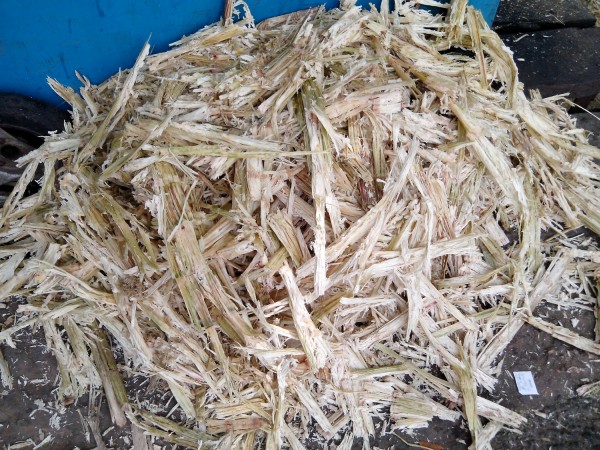Countries such as Brazil are already producing a lot of biofuels from biomass mainly from sugar cane bagasse. But the sustainability, reliability and affordability of biofuel production, for example for aviation or transport, is a challenge. Therefore, the combined projects are aiming to take the entire value chain for biofuels to the next level, from innovative biomass production and logistics, to efficient conversion pathways and exploitation.
Within BECOOL, ECN will be investigating new technologies for gasification of new, fast growing crops. These crops are grown on wasteland that is either unsuitable for food crop production or temporarily unused as agricultural land, explains Berend Vreugdenhil, coordinator for the ECN partnership in BECOOL. “We will develop techniques for the low temperature gasification of this new biomass. Gasification normally yields synthesis gas from which we can make biodiesel or DME. Our methods will also produce small molecules such as ethene, which have a higher value for chemicals production.”
“From the very beginning of writing the project proposal, there has been a cooperation between all partners from Brazil and Europe. This is very valuable and a good example of how such a project should operate,” says Vreugdenhil. For ECN, not only the development of new technologies, but also the establishment of new partnerships gives added value to participating in BECOOL. “We see a great value in building new partnerships with our Brazilian and European partners in this consortium.”
The new crops that ECN will be using for the innovative gasification technologies are currently growing and will be ready for the first experiments over the next months. “We are aiming at a demonstration plant for new biofuel production within the four years that BECOOL will run,” says Vreugdenhil.
